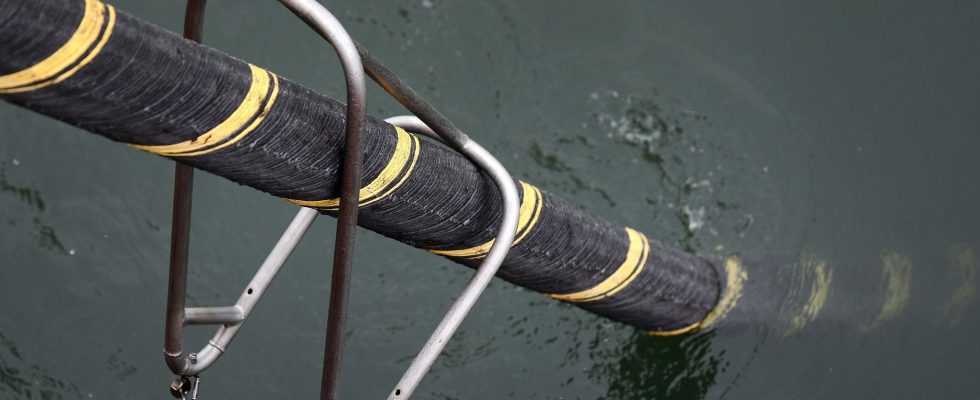The generalized circulation of information made possible by the Internet is based on a network of infrastructures whose concrete reality is largely unknown. With Submarine cables, Camille Morel, jurist and researcher in international relations, takes stock of this piping through which messages and exchanges on the Web pass. As his book clearly shows, public opinion is fascinated by satellites and by the space adventure that accompanies the international development of telecommunications, while the bulk of Internet traffic passes through submerged cables, those that join the United States to Europe on the one hand, and those of the growing Asian network on the other.
France at the forefront
In total, 1.3 million kilometers of cables run across the planet. The configuration of this network is due to its history, and in particular to the way in which the telegraph was established in the 19th century. Dominated by the United Kingdom, this century has left us a legacy of a “web” centered on London as well as operators and managers who are essentially European. France is still one of the reference countries which lay cables and ensure their maintenance. This privileged situation is explained both by the long-standing existence of high-level engineers involved in the transmission of information, and by an often neglected advantage of our country: its geographical location almost opposite the east coast of the United States.
Worrying gaps
The discretion, even ignorance, that surrounds this industry has until now relatively preserved it, especially from malicious attacks. In practice, breakdowns or damage that disrupt its operation are almost exclusively the unintended consequences of the action of fishermen. Camille Morel warns, however, about the legal gaps that exist today concerning the ownership of the cables, the threats of misappropriation of the data transmitted or their use for war purposes. This dimension is becoming increasingly decisive as the exchange of information ceases to be the preserve of Westerners. To avoid making it an object of conflict, it calls for systematic consultation with the main users. This is a very original book that teaches a lot and makes you think about equipment that has become crucial in our everyday lives.
Underwater Cables
by Camille Morel. CNRS editions, 200 p., €10.
Rating: 4/5
